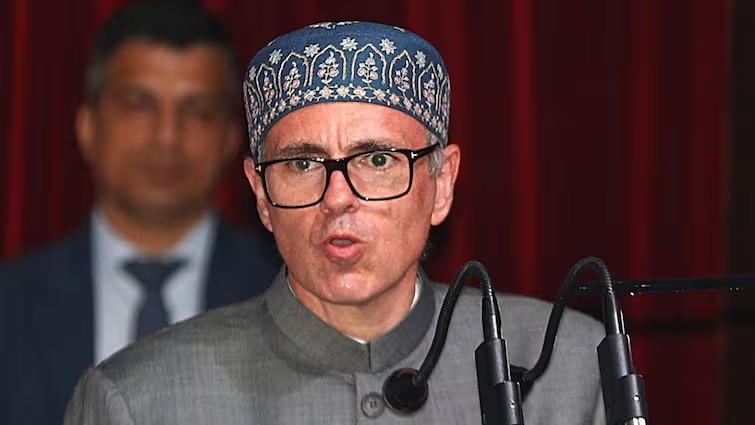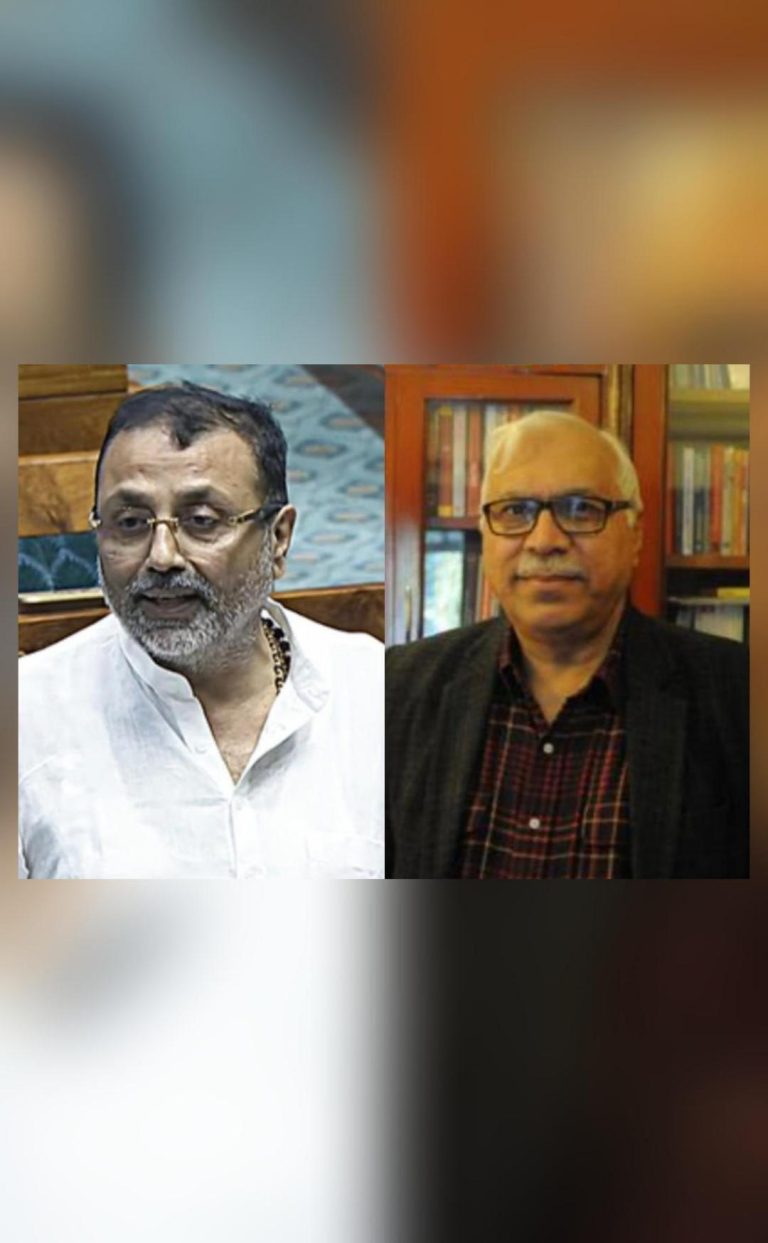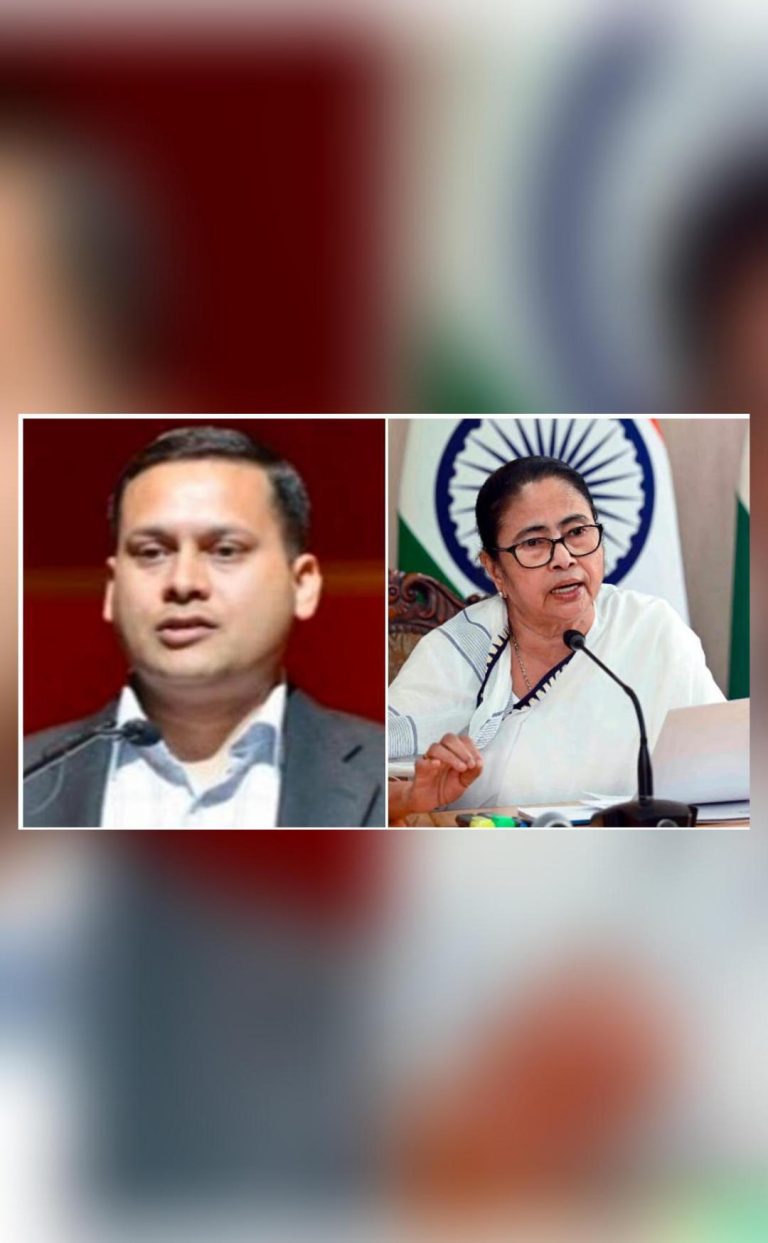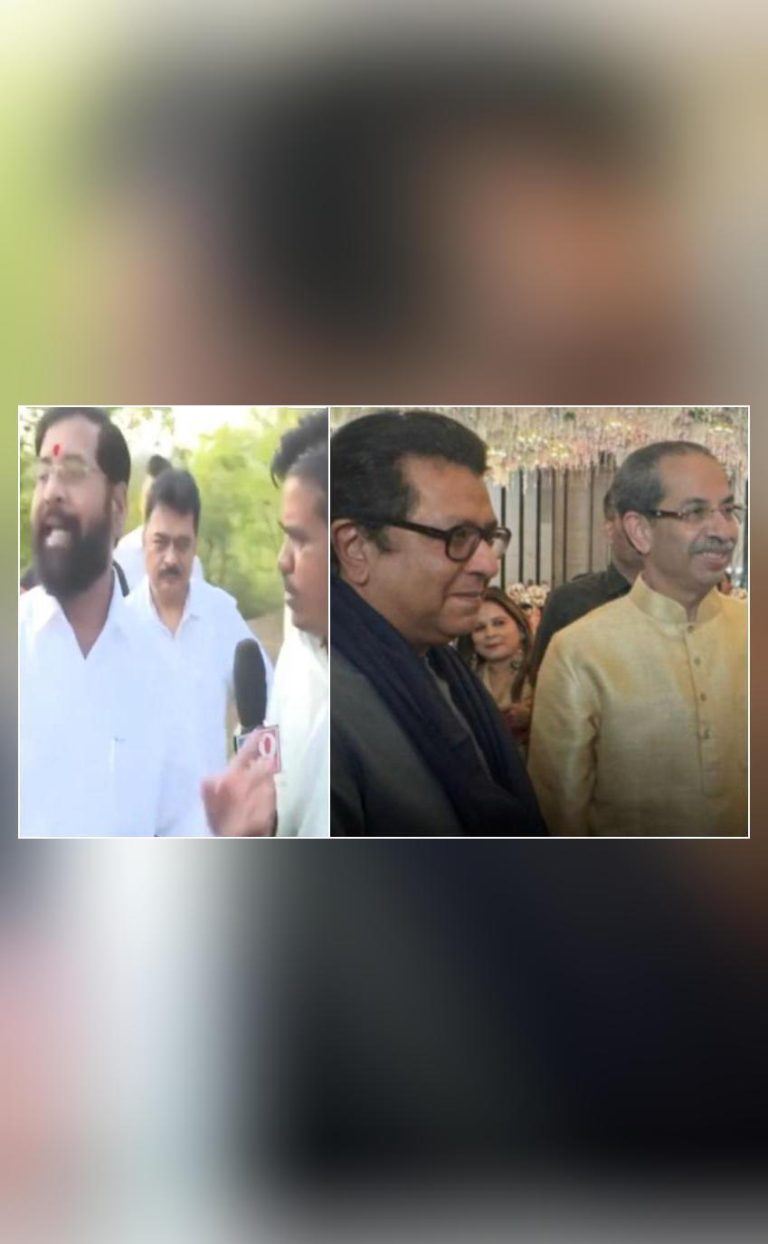
Title: Normalcy in J&K post Art 370 abrogation is forced, not organic: CM
The abrogation of Article 370 in August 2019 was a significant move by the Indian government to reorganize the status of Jammu and Kashmir. The article, which granted special status to the state, was seen as a major hurdle in the country’s development and integration. The Centre’s decision to revoke it was met with both praise and criticism, with some seeing it as a bold step towards unity and others viewing it as an attack on the state’s autonomy.
Recently, Jammu and Kashmir Chief Minister Omar Abdullah expressed his views on the current situation in the Union Territory (UT), stating that the normalcy in J&K is “forced” and not organic. In an interview, he said, “If what is happening in J&K is organic, then nothing like it. If it is driven out of fear, then there’s a problem.” He further added, “But I’ll hazard that people don’t believe it is organic.”
Abdullah’s statement has sparked a debate about the current situation in J&K. While the Centre has been claiming that the normalcy in the UT is organic, Abdullah’s statement suggests that it is not. But what does this mean, and what are the implications of Abdullah’s statement?
To understand the situation better, it is essential to look at the current scenario in J&K. Since the abrogation of Article 370, the UT has witnessed a significant change in its administrative structure and political landscape. The state has been divided into two UTs – Jammu and Kashmir, and Ladakh – and the Centre has taken control of the administration. The state’s legislative assembly has been dissolved, and the state’s flag has been replaced with the national flag.
The Centre has been claiming that the normalcy in J&K is organic, meaning that it is a natural outcome of the people’s desire for peace and stability. However, Abdullah’s statement suggests that the normalcy is forced, meaning that it is a result of external pressure and not a genuine desire for peace.
Abdullah’s statement is based on his observations and interactions with the people of J&K. He has been saying that the people of the state are living in fear, and that the normalcy is a result of this fear. He has also been criticizing the Centre for its handling of the situation, saying that it has not been able to create a sense of confidence among the people.
The Centre, on the other hand, has been saying that the normalcy in J&K is a result of the people’s desire for peace and stability. It has been claiming that the situation in the state has improved significantly since the abrogation of Article 370, and that the people are happy with the change.
However, Abdullah’s statement has raised questions about the Centre’s claims. If the normalcy in J&K is not organic, then what is driving it? Is it the fear of the people, or is it something else?
One possible explanation is that the Centre is using force and coercion to maintain normalcy in J&K. The UT has been under the Centre’s control since the abrogation of Article 370, and the government has been using its powers to maintain law and order. The Centre has been deploying security forces in large numbers to maintain peace and stability, and has been using measures like curfews and restrictions to control the movement of people.
Another possible explanation is that the Centre is using propaganda and misinformation to create a sense of normalcy in J&K. The government has been using the media to spread its message and has been trying to create a sense of confidence among the people. However, Abdullah’s statement suggests that this propaganda is not working, and that the people of J&K are not buying it.
In conclusion, Abdullah’s statement has raised questions about the current situation in J&K. While the Centre has been claiming that the normalcy in the UT is organic, Abdullah’s statement suggests that it is not. The Centre needs to address these concerns and provide a clear explanation of what is driving the normalcy in J&K.
Source:




